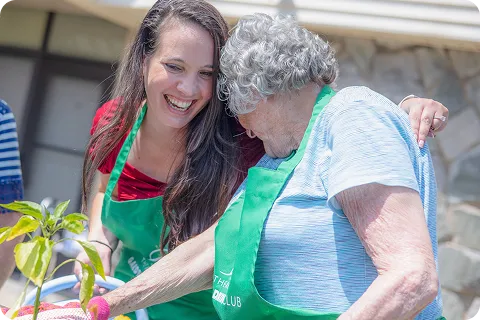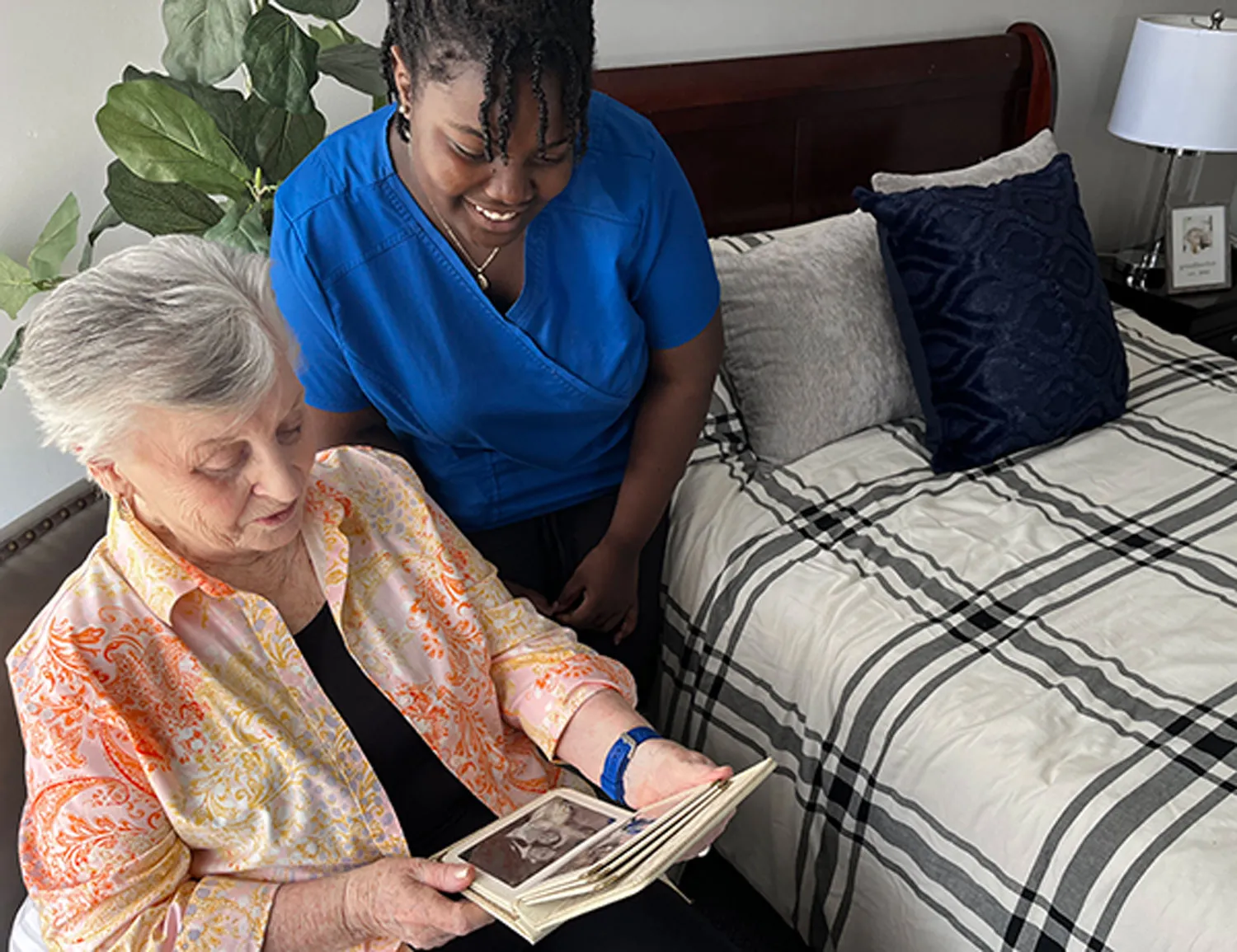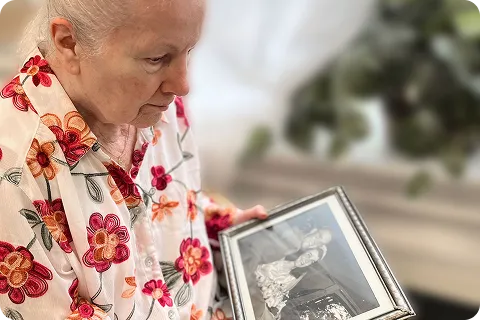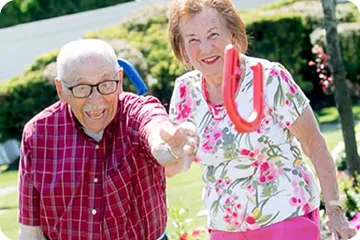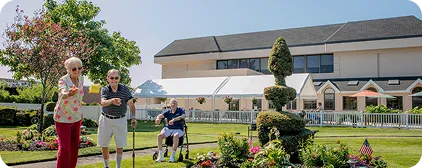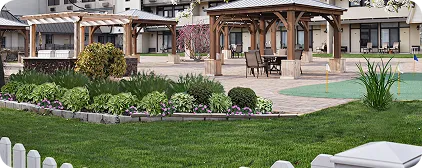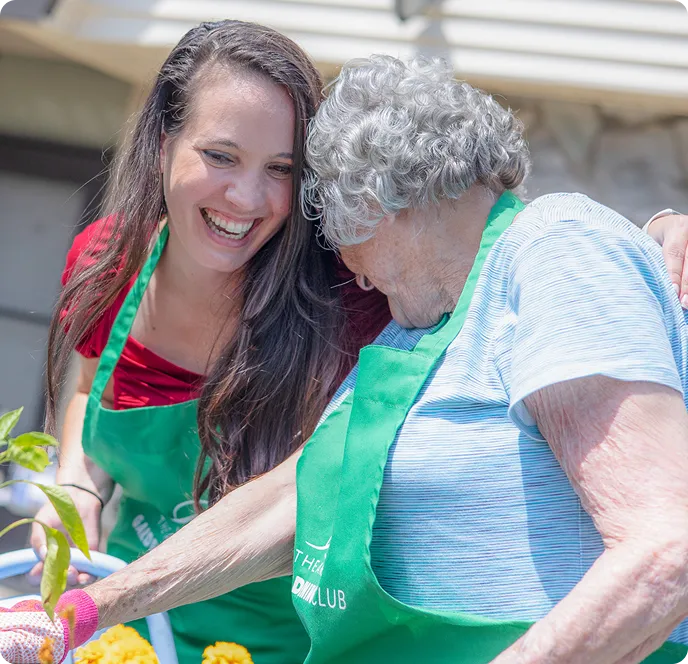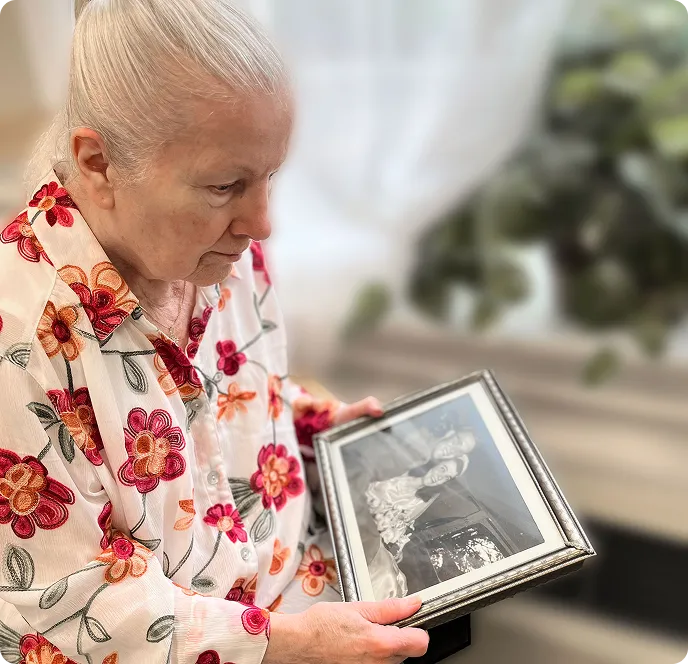(631) 778-7747
Tips for Seniors to Stay Healthy During Flu Season

Tips for Seniors to Stay Healthy During Flu Season
October 18, 2019
Understanding the Flu
Flu season starts early October and typically ends as late as March. The influenza virus can pose severe health risks for elderly seniors with weak immune systems. Having the flu can also put seniors at risk of developing pneumonia. Here’s how you can help your elderly loved one stay healthy and avoid the flu.
Get the Flu Vaccine
Immunizations are important for seniors. One of the best ways to avoid the flu is to get a flu shot. However, it can take up to two weeks to build full immunity, so it’s best to get the shot before or in early “flu season.” While there are many places such as drug stores that offer free flu vaccines, you should consult your elderly loved one’s doctor first before taking them to get their vaccine to ensure it’s safe for them.
Keep Hands Clean
Want to avoid germs? Wash your hands often. A good scrub with warm water and soap can keep germs at bay. Be sure to get between your fingers and both sides of your hands.
Avoid Touching Your Face
When germs enter your respiratory system and mucous membranes, you’ll likely get sick. Touching your eyes, nose, and mouth can give germs a way into your system.
Eat Foods Rich in Vitamin C
Complementing all of the above ways to avoid the flu, increase your immune system by eating the following foods that are high in vitamin C:
- Broccoli
- Cantaloupe
- Cauliflower
- Kale
- Kiwi
- Orange juice
- Strawberries
- Tomatoes
While vitamin C supplements are also a great way to build your immune system, it’s best to consult with a doctor first on what supplements your elderly loved one should take.
If you are a caregiver of an elderly loved one, it’s essential to consult their doctor on the prevention methods that are best for them. The Arbors Assisted Living is a community that supports and promotes positive health and wellness habits. To learn more about how we can help your elderly loved one lead a wholesome lifestyle, contact us today.
Recent News
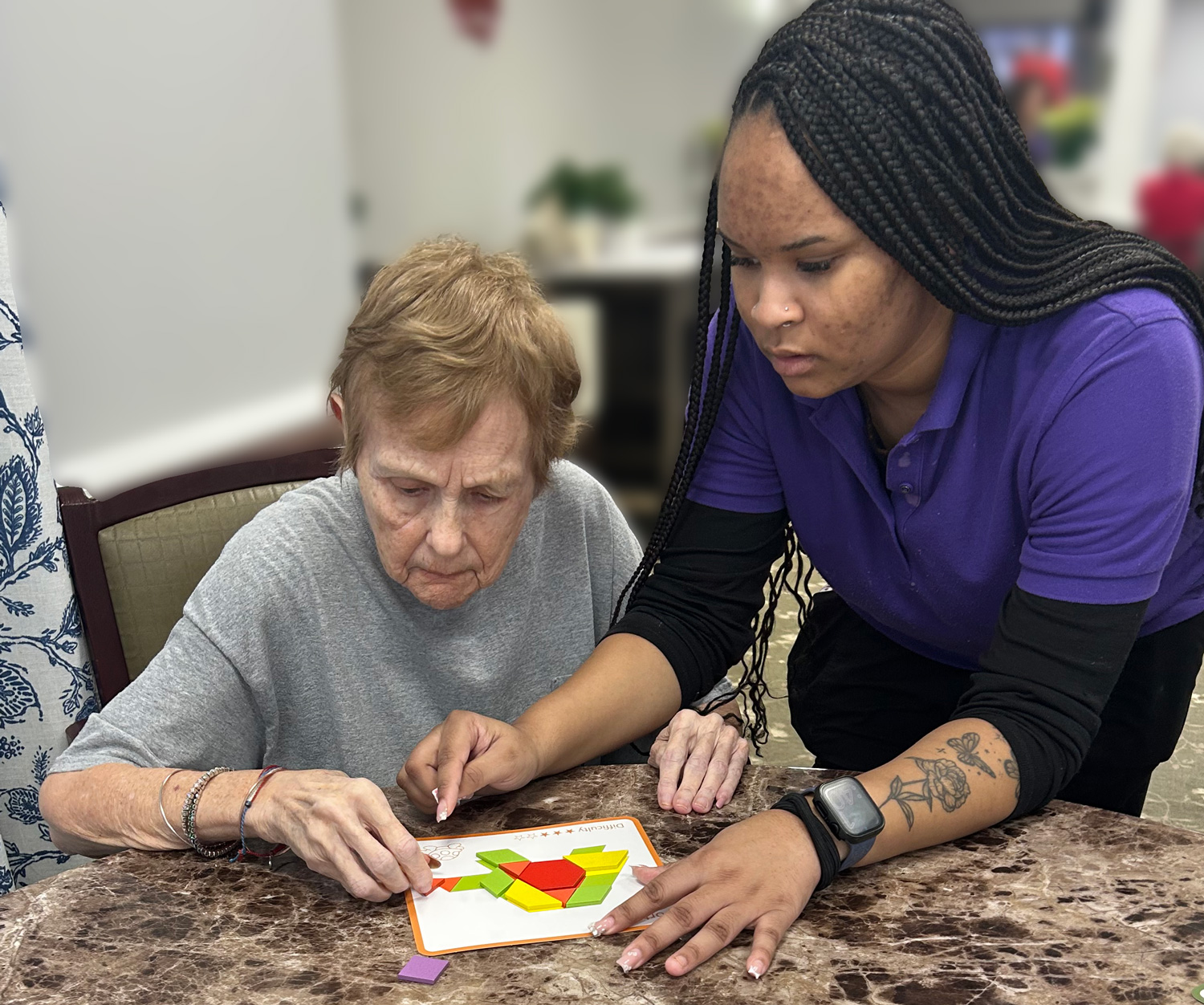
The Power of Touch
February 9, 2026
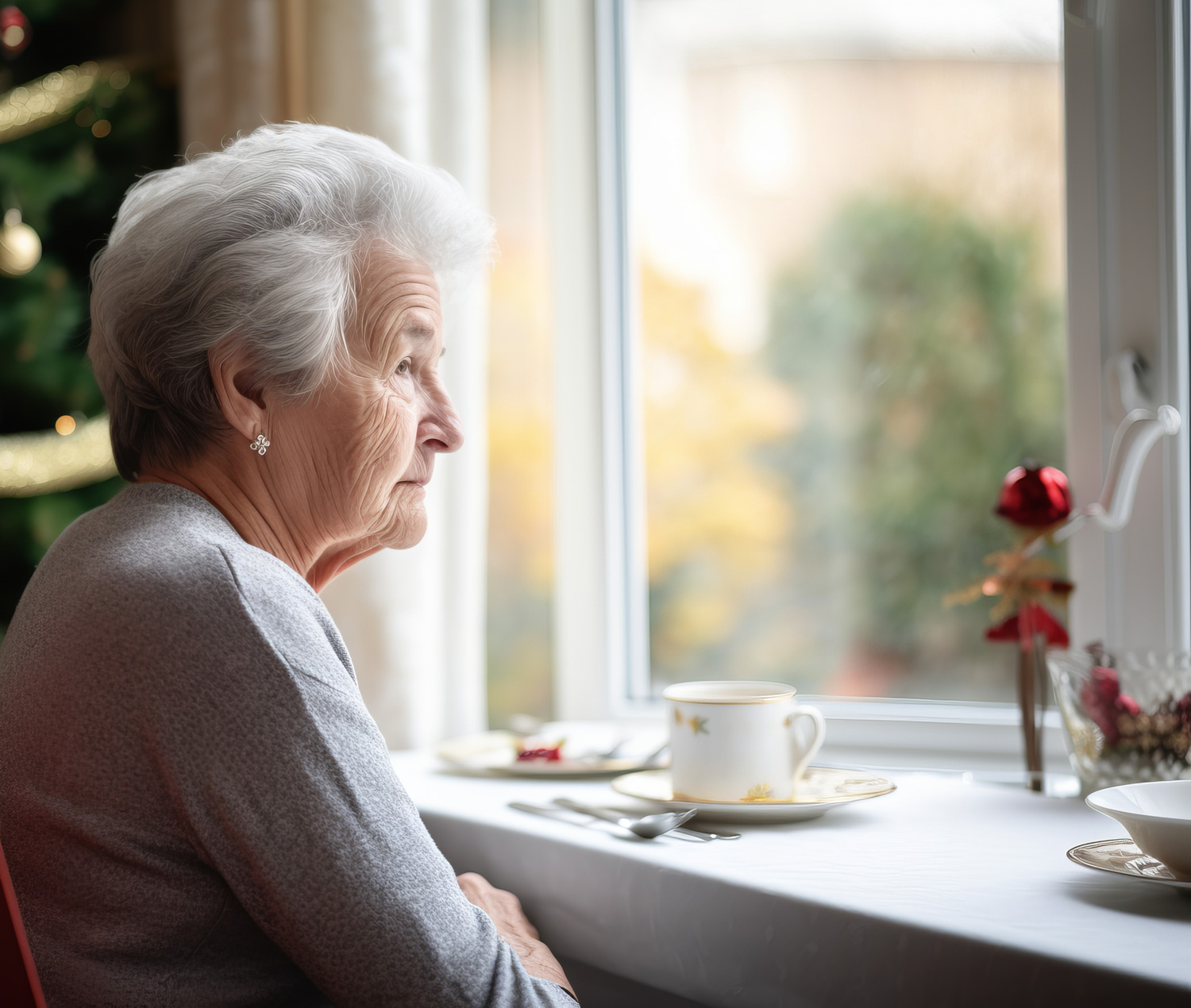
Winter Readiness for Caregivers: Do You Have a Plan?
January 6, 2026
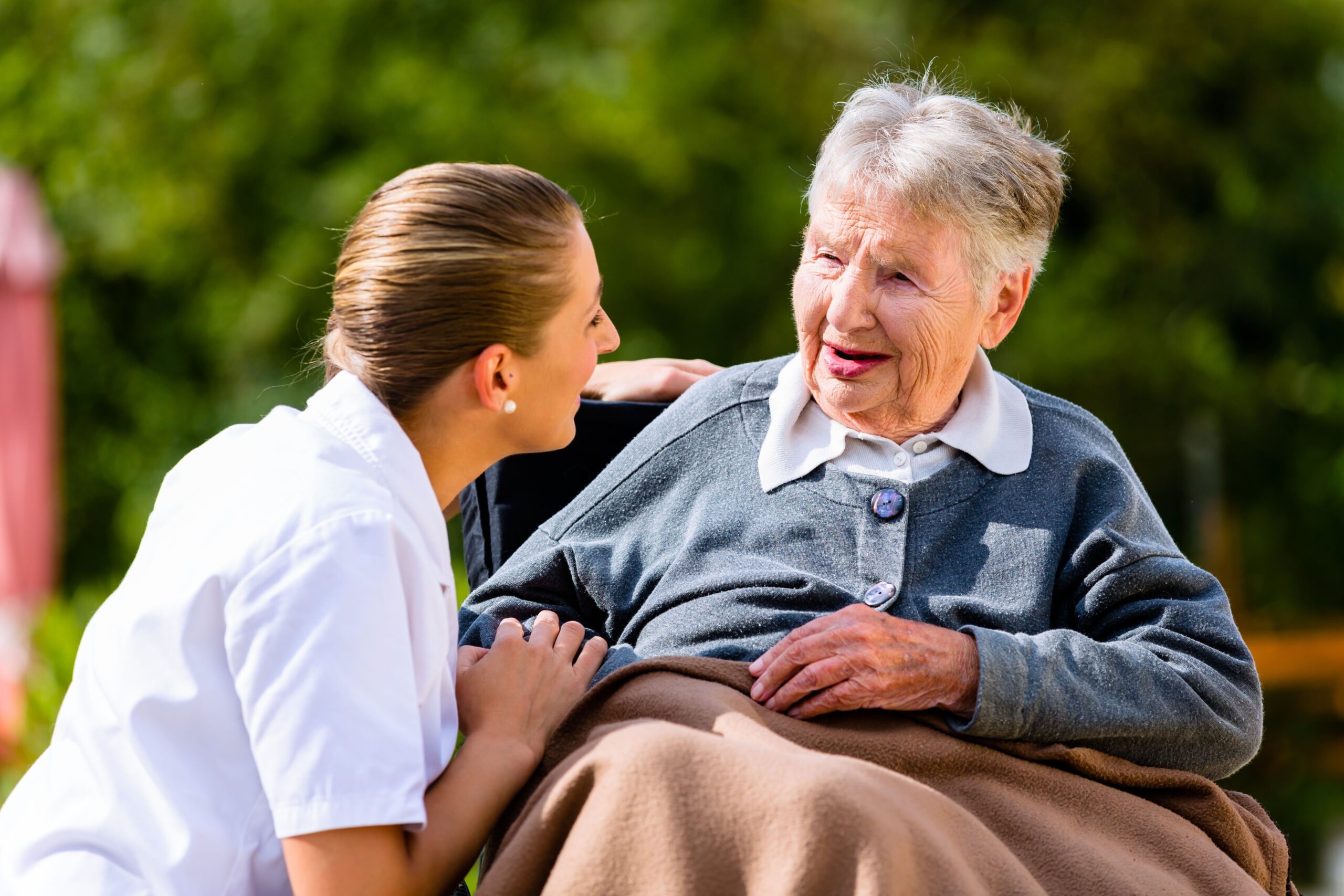
Important Topics to Discuss With Local Assisted Living Centers
November 10, 2025

When It’s Time: Helping Your Parents Accept the Need for Assisted Living
October 15, 2025

How to Encourage an Aging Parent to Shower When They Refuse
July 2, 2025
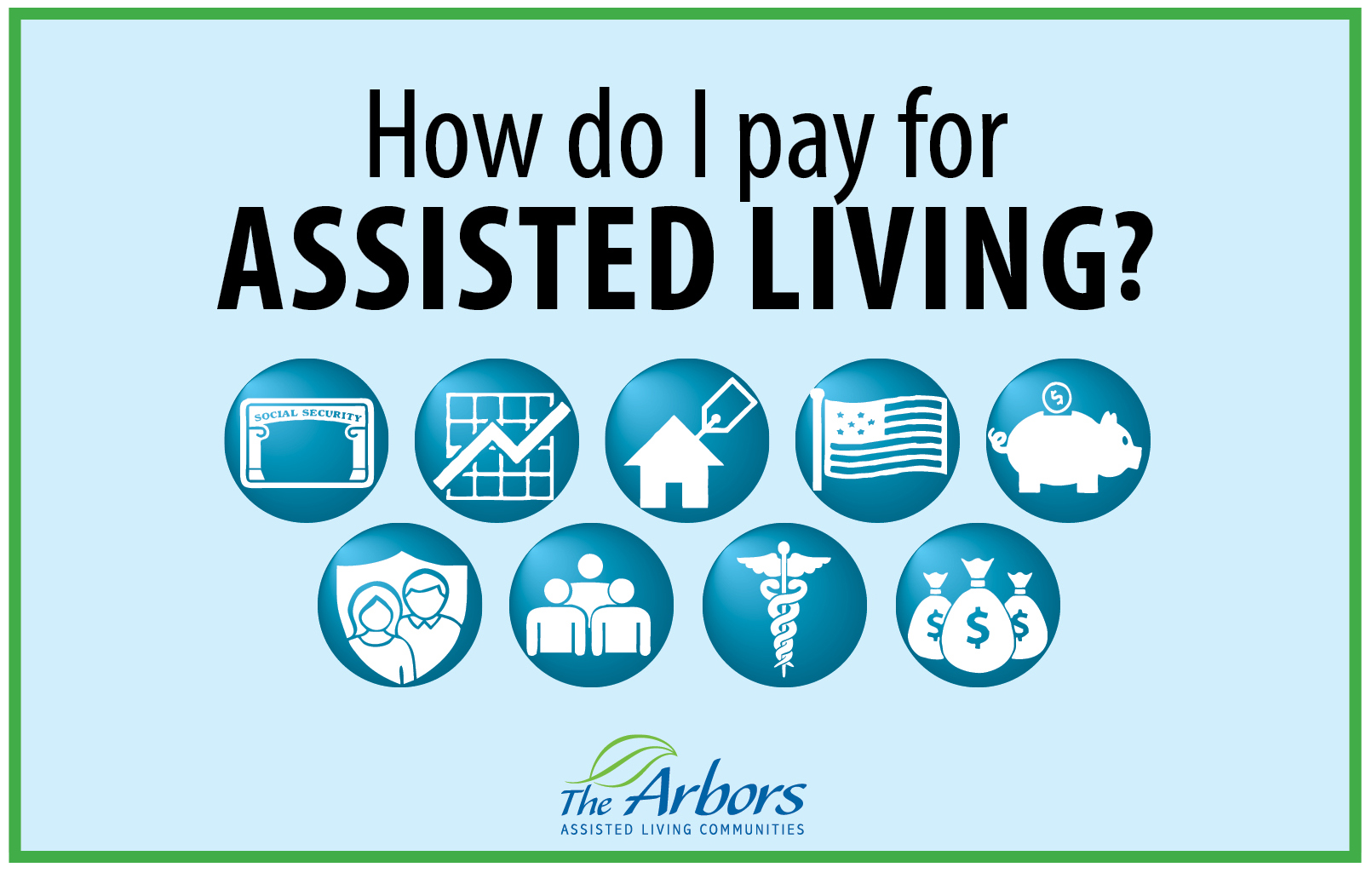
How Do I Pay for Assisted Living
June 6, 2025
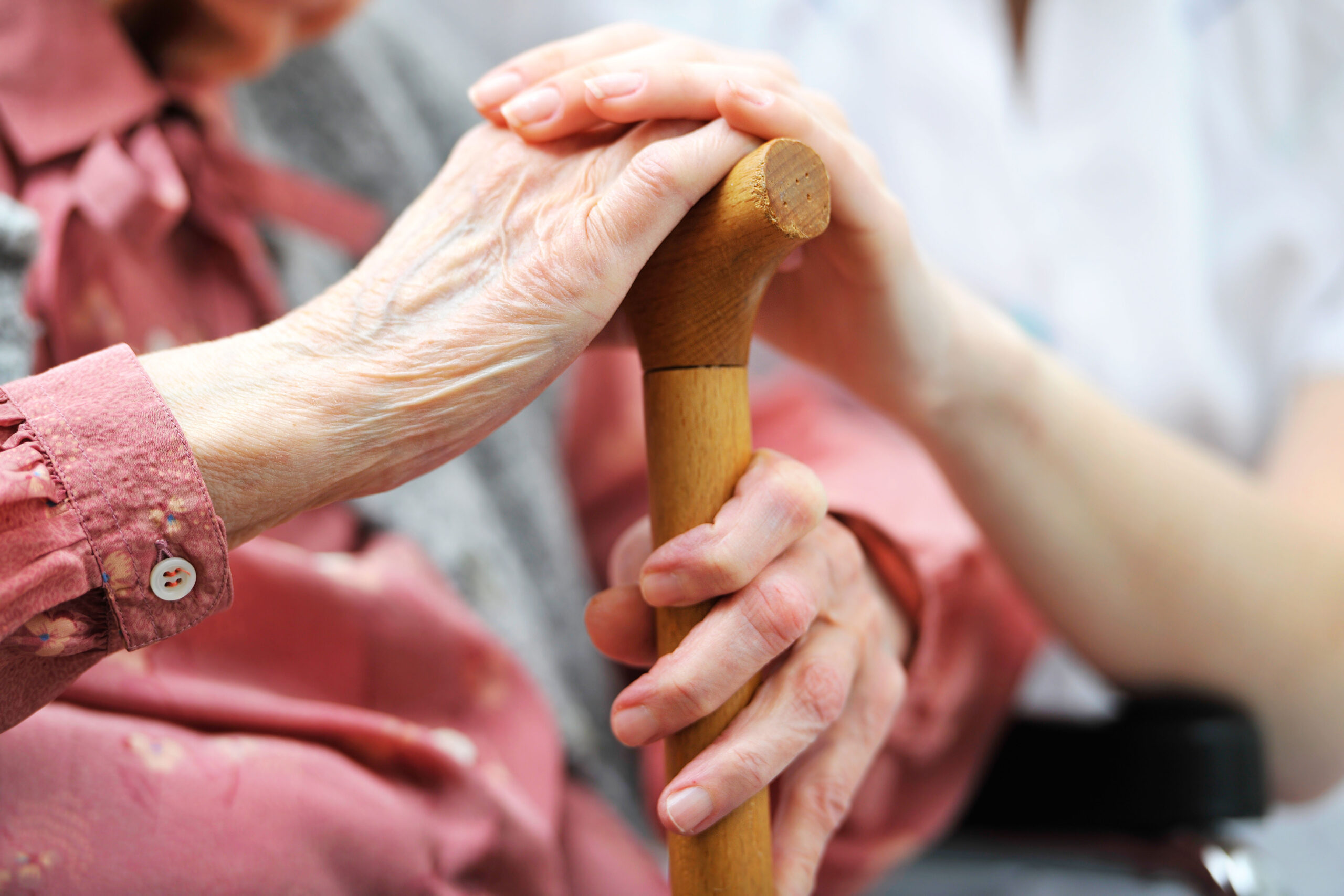
3 Signs You Should Consider Assisted Living
May 15, 2025
GET IN TOUCH
Let’s Talk About Making The Arbors Your Home
REQUEST A VISIT
Schedule a Tour of our Long Island Assisted Living Communities



